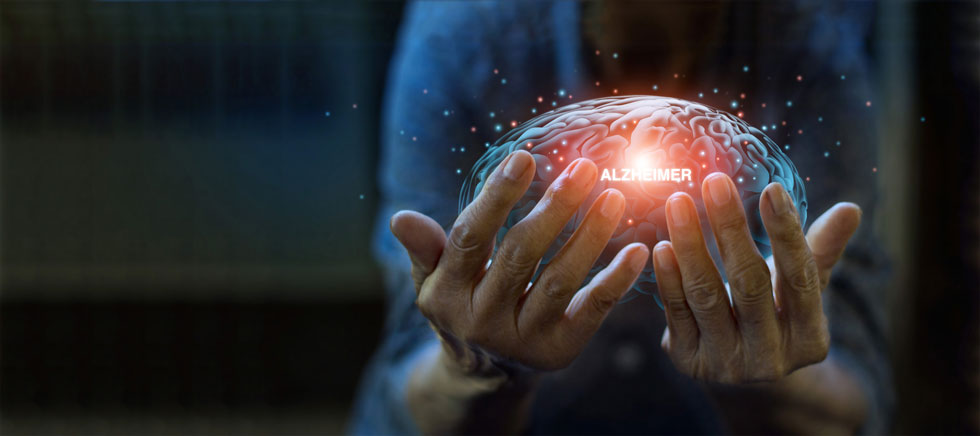
14 OCTOBER 2025, SEOUL — The Alzheimer’s field is on the brink of transformation, according to Prof. Sir John Hardy, Chair of Molecular Biology of Neurological Disease at the UCL Institute of Neurology, London. Speaking before a global audience of neurologists at the World Congress of Neurology (WCN), Prof. Hardy shares how decades of foundational research are now converging into a new generation of Alzheimer’s treatments grounded by the urgent need for earlier, safer interventions worldwide.
Prof. Hardy, whose genetic discoveries helped define the molecular underpinnings of Alzheimer’s disease, shared an optimistic vision for the years ahead. “For the first time, we’re seeing therapies that truly modify the course of the disease,” he said. “The challenge now is not discovery — it’s delivery. How do we bring effective treatments to people earlier, safer, and at scale?”
He highlighted advances in amyloid-clearing antibodies and microglial biology, alongside powerful new biomarkers such as phospho-tau-217, as key forces reshaping the diagnostic and therapeutic landscape. These breakthroughs, Hardy noted, signal a move toward treating Alzheimer’s with the same precision and proactivity once reserved for cardiovascular disease or cancer.
Despite these advances, the future of Alzheimer’s care will depend on smarter trial design and regulatory adaptation — using biomarkers as surrogate endpoints to accelerate the path from laboratory to clinic.
“We already have the tools,” said Hardy. “If we recognize validated biomarkers as reliable indicators of efficacy, we can shorten timelines dramatically. Every year saved is a lifetime gained for patients.”
Prof. Hardy’s address captured a defining theme of this year’s Congress: the translation of decades of neuroscience into actionable pathways for prevention and personalized care. As the field accelerates, his message was clear — Alzheimer’s is no longer an untouchable mystery, but a disease on the verge of manageability, driven by scientific persistence and collective vision.
“We’re entering a phase of measurable progress — in treatment response, in safety, in early diagnosis,” Prof. Hardy concluded. “The foundation is finally in place. What happens next depends on how quickly we align science, regulation, and access. This is a moment for momentum — not hesitation.”
.
About the World Congress of Neurology
The World Federation of Neurology’s World Congress of Neurology brings together leading neuroscientists and public health experts to turn research into action and emphasize the importance of brain health across the globe. The 27th biennial conference was held in Seoul, South Korea from October 12 to 15, 2025, and was co-hosted by the Korean Neurological Association (KNA).
About the World Federation of Neurology
With support from its 126 Member Societies, the World Federation of Neurology fosters quality neurology and brain health worldwide by promoting neurological education and training, emphasizing under-resourced areas of the world. As a non-state actor in official relations, WFN supports the World Health Organization (WHO) efforts to give everyone an equal chance to live a healthy life. With Member Societies around the globe, WFN unites the world’s neurologists to ensure quality neurology and advocate for people to have better brain health. Learn more about the World Federation of Neurology at wfneurology.org.
Media Contact
For media inquiries, please contact ashley@yakketyyak.com







